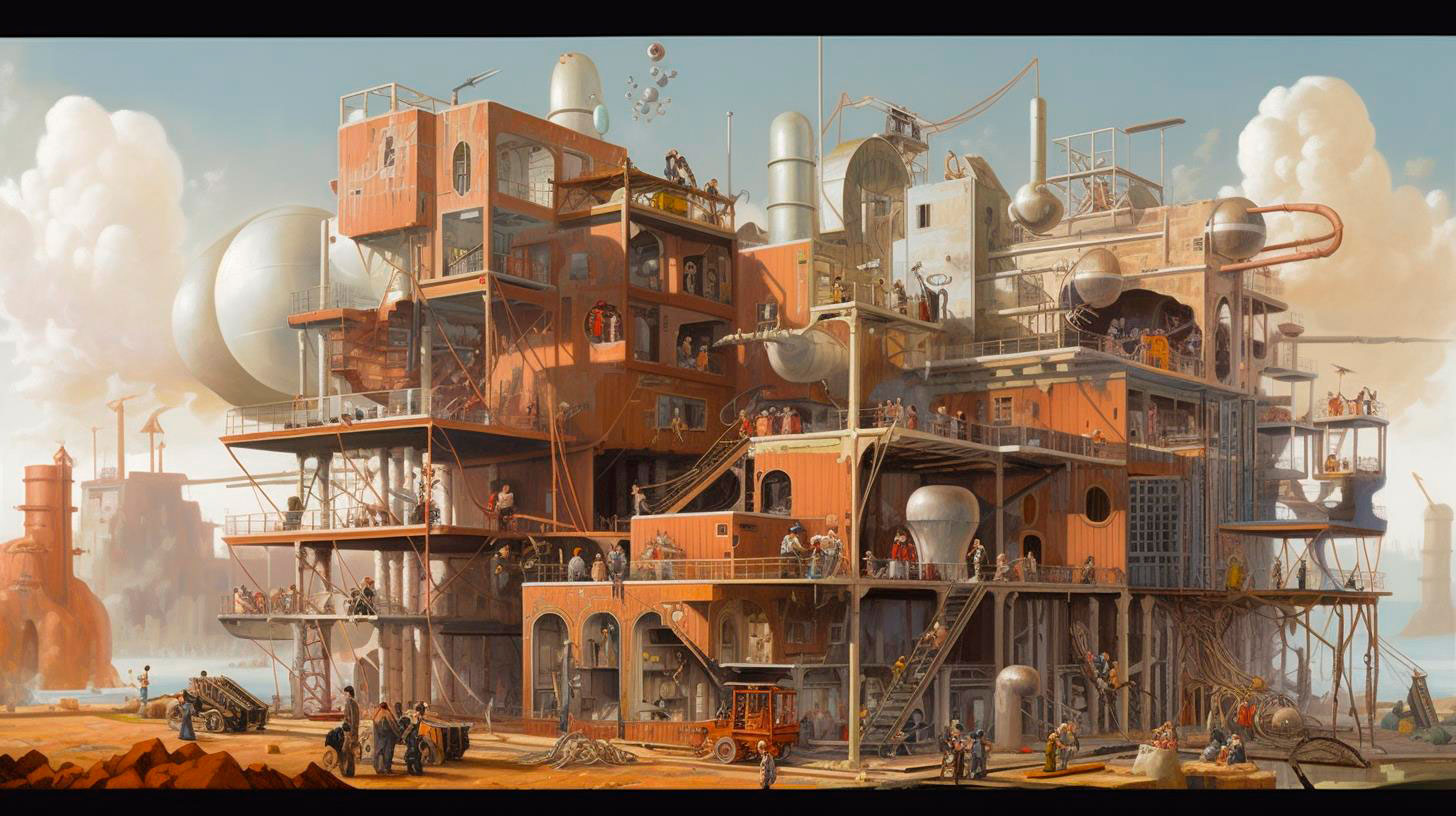Renewables as a Building Block for Resilient Energy Systems
By harnessing the power of natural resources like sunlight, wind, and water, we can create resilient energy systems that are efficient, reliable, and environmentally friendly. In this article, we will explore how renewables can serve as a building block for resilient energy systems and discuss their advantages and key takeaways.
Resilient Energy Systems – What Are They?
Resilient energy systems are designed to withstand and recover quickly from disruptions, whether they are caused by extreme weather events, cyber-attacks, or any other unforeseen circumstances. Unlike traditional energy systems that heavily rely on centralized power plants and vulnerable transmission networks, resilient energy systems integrate renewable energy sources to ensure a reliable and decentralized energy supply.
Here are some key features of resilient energy systems:
- Distributed Generation: Renewable energy sources enable distributed generation, where power is produced at or near the point of use. This reduces the dependency on long-distance transmission lines and minimizes the risk of large-scale blackouts.
- Microgrids: Resilient energy systems often utilize microgrids, which are small-scale power grids that can operate independently from the larger grid during emergencies. This enables local communities to maintain access to electricity when the centralized grid is disrupted.
- Energy Storage: Integrating renewable energy systems with energy storage technologies, such as batteries, allows for the storage of excess power generated during peak periods. This stored energy can then be used during periods of high demand or when renewable sources are not readily available.
- Flexibility and Adaptability: Resilient energy systems are designed to be flexible and adaptable to changing circumstances. They can seamlessly integrate new technologies and scale up or down as needed, ensuring a reliable and sustainable energy supply.
The Advantages of Renewable Energy Sources
Renewable energy sources offer numerous advantages when it comes to building resilient energy systems:
- Environmental Sustainability: Unlike fossil fuels, renewable energy sources produce little to no greenhouse gas emissions. They help reduce air pollution, combat climate change, and preserve natural resources for future generations.
- Cost-Effectiveness: The prices of renewable energy technologies, such as solar panels and wind turbines, have significantly declined over the past decade. These technologies now offer competitive pricing, making renewable energy an economically viable choice.
- Job Creation: The renewable energy sector is a major driver of job creation. According to the International Renewable Energy Agency (IRENA), the sector employed 15 million people worldwide in 2019, and this number is expected to continue growing.
- Energy Independence: By diversifying our energy sources and reducing reliance on fossil fuels, we can enhance energy security and reduce vulnerability to price fluctuations or supply disruptions in the global energy market.
Key Takeaways
As we strive to build resilient energy systems, renewables can play a central role in creating a sustainable and secure energy future. By embracing renewable energy sources, we can:
- Reduce greenhouse gas emissions and mitigate the impacts of climate change.
- Create jobs and stimulate economic growth in the renewable energy sector.
- Increase energy independence and protect ourselves from price volatility in the fossil fuel market.
- Provide reliable and decentralized energy supply through distributed generation and microgrids.
- Enhance the adaptability and flexibility of energy systems to withstand disruptions.
It is evident that renewables are not just a buzzword, but a crucial building block for resilient energy systems. By transitioning to sustainable energy sources, we can create a greener and more secure future for generations to come.
For more information on resilient energy systems, you can visit the U.S. Department of Energy website or the Renewable Energy Policy Network for the 21st Century (REN21) website.
